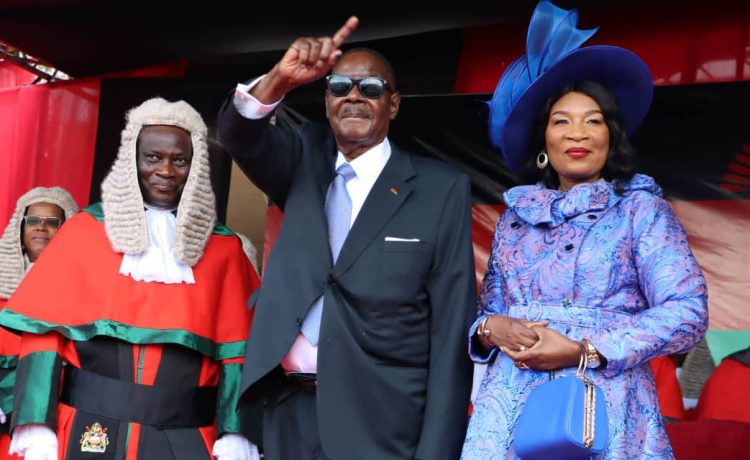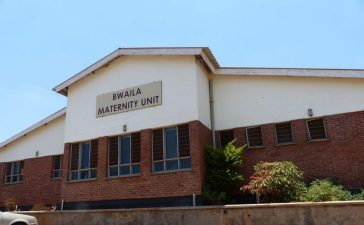The recent decision to relocate the headquarters of several major parastatals — including the Malawi Prison Service from Lilongwe to Zomba, the Malawi Housing Corporation (MHC) from Lilongwe to Blantyre, and the Malawi Communications Regulatory Authority (MACRA) to Blantyre — has stirred public debate about regional balance and access to public services.
Supporters of the relocations argue that the government is merely restoring historical administrative setups. But for many Malawians, particularly those in the central and northern regions, the changes raise difficult questions about inclusivity, accessibility, and the broader meaning of national unity.
When Malawi’s previous administrations — notably that of the late President Bingu wa Mutharika — moved key government offices to Lilongwe, the goal was operational efficiency and accessibility. Lilongwe, positioned at the country’s centre, offered a neutral and geographically practical hub from which citizens from all three regions could reach national services without prohibitive travel costs. It was an attempt to make government truly national, not regional.
Relocating these institutions back to the south reverses that logic. For citizens from Mzimba, Karonga, or Nkhatabay, the practical reality is stark: what was once a manageable trip to Lilongwe now becomes a two-day, high-cost journey to Blantyre or Zomba — merely to access services that should belong equally to every Malawian.
Analysts warn that such administrative shifts, however technical they may appear, can feed into deeper regional sensitivities. Malawi’s politics has long wrestled with perceptions of imbalance — that the distribution of government institutions, infrastructure, and development projects tends to favour one region over others. When decisions like these occur without broad consultation, they risk reviving those old divisions.
The issue is not simply about where an office stands. It is about what message the move sends. In a democracy striving for equity, every citizen should feel that national institutions belong to them — regardless of whether they live in Chitipa, Dedza, or Nsanje. Centralization in one region, whatever its justification, can easily be read as exclusion elsewhere.
Governance experts note that decisions of this magnitude should ideally be guided by clear policy frameworks rooted in efficiency, cost-effectiveness, and national accessibility — not political convenience or regional symbolism. When relocation plans appear to run contrary to those principles, they risk being interpreted as steps backward rather than progress.
In the end, the debate over moving headquarters is not just about geography; it is about governance. It tests whether Malawi’s leaders can rise above regional loyalties and make choices that serve the nation as a whole. The country’s development trajectory depends not on which region hosts the offices, but on whether citizens in all regions can access those offices easily, fairly, and with dignity.
Until such considerations anchor every administrative decision, the question will linger: when headquarters move, who really benefits — and who is left behind?













